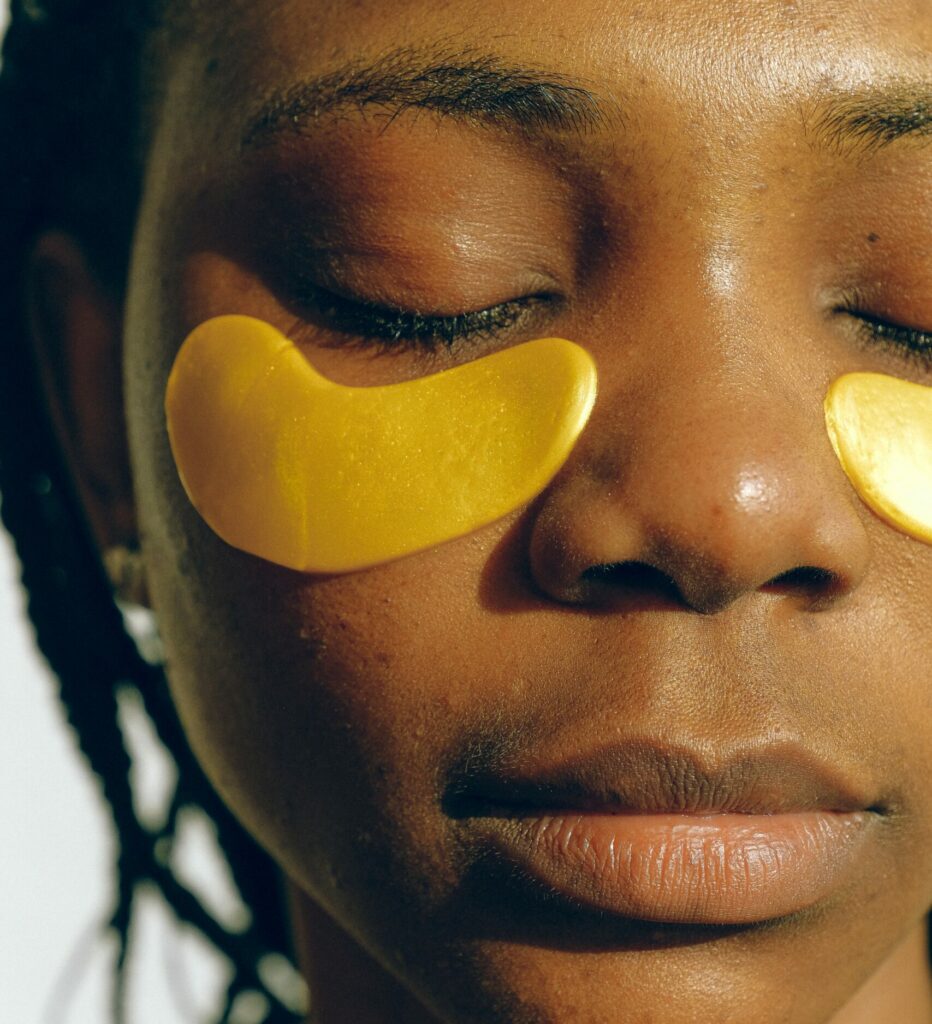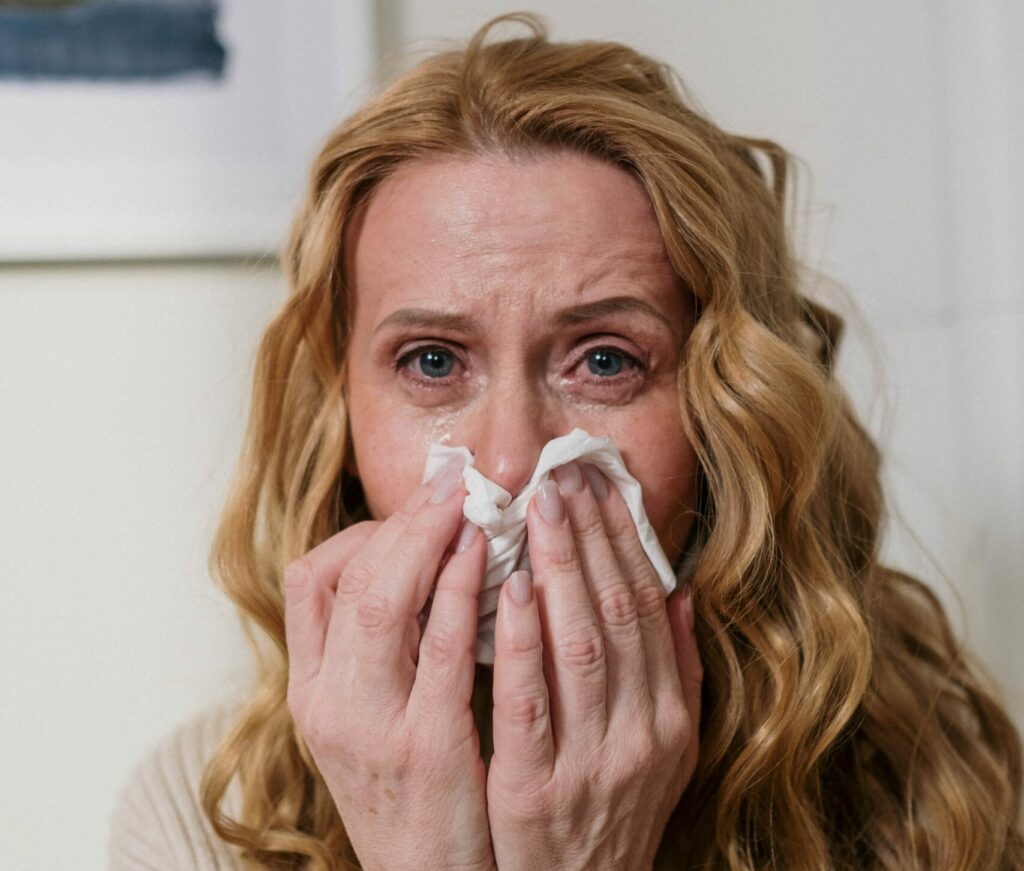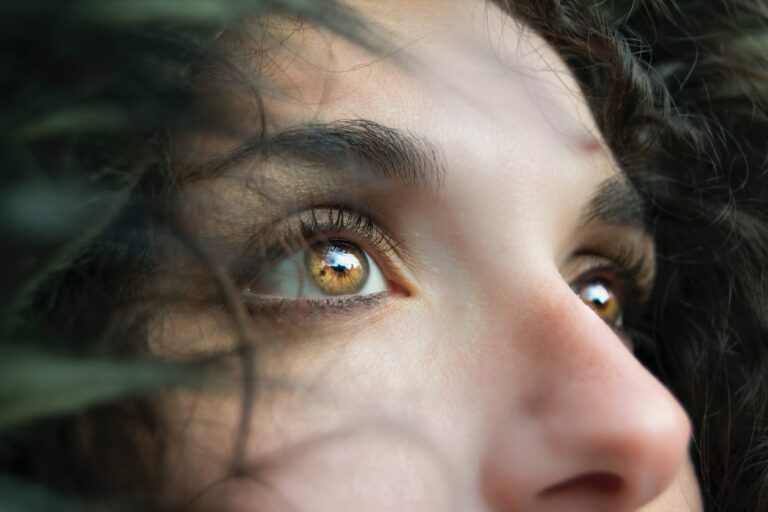Don’t Let Springtime Allergies Damage Your Eyes: Protect Them with These Tips
What are seasonal or springtime allergies and how do they affect the eyes
Seasonal allergic rhinitis, another name for spring allergies, is brought on by an over-reactive immune system to pollen from spring-blooming trees, grasses, and other plants. Sneezing, runny nose, congestion, and itchy eyes are typical symptoms.
Allergies can affect the eyes in several ways. For example, they can cause:
- Redness and itching: Allergens can cause the eyes to become red, swollen, and itchy.
- Watery eyes: Allergies can also cause the eyes to produce excess tears, which can lead to a watery discharge.
- Conjunctivitis: Allergic conjunctivitis is an inflammation of the conjunctiva, the thin membrane covering the eye’s white part. Symptoms can include redness, itching, and a discharge.
- Dry eyes: Some people may experience dry, irritated eyes due to allergies.
Importance of protecting eyes from allergies
Purpose of the blog: to provide tips for protecting eyes from springtime allergies
Common causes of springtime allergies
Exposure to grass, weed, and tree pollen is the most frequent cause of allergies in the spring. These plants release microscopic pollen particles into the air when they bloom, which can make some people allergic to them.
Other common causes of springtime allergies include:
- Mold: Mold spores can also trigger allergy symptoms during the spring months, especially in areas with high humidity.
- Dust mites: These microscopic bugs thrive in warm, humid environments and can trigger allergic reactions in some people.
- Pet dander: Allergies to pet dander are not specific to springtime, but the arrival of warmer weather and increased outdoor activity can increase exposure to pets, leading to allergy symptoms.
- Air pollution: Air pollution can exacerbate allergy symptoms by irritating the respiratory tract and making it more sensitive to allergens.
- Food allergies: Some people may also experience allergic reactions to certain foods during the spring months, such as fresh fruits and vegetables, due to cross-reactivity with pollen allergens.
Tips for Protecting Your Eyes from Seasonal Allergies
- Avoiding triggers: avoiding pollen and other allergens
- Stay indoors during peak pollen hours: Pollen counts are typically highest in the morning and early afternoon, so try to avoid spending time outdoors during these times.
- Keep windows and doors closed: To reduce pollen exposure, keep windows and doors closed at home and in the car, and use air conditioning with a high-efficiency air filter.
- Wear protective clothing: When you do go outside, wear a hat and sunglasses to protect your face and eyes from pollen, and consider wearing a mask to filter out airborne particles.
- Shower after being outside: To remove pollen and other allergens from your skin and hair, shower and wash your clothes after spending time outdoors.
- Use allergy-friendly products: Choose hypoallergenic bedding, avoid scented candles and air fresheners, and use a vacuum cleaner with a HEPA filter to reduce allergens in your home.
- Check pollen counts: Stay informed about pollen levels in your area by checking local pollen counts and adjusting your activities accordingly.
- Consider allergy medication: Talk to your doctor about taking over-the-counter or prescription allergy medications to help manage your symptoms.
- Wearing protective eyewear: the benefits of wearing sunglasses and other protective eyewear
- Using eye drops and other treatments: over-the-counter remedies for allergy relief
- Antihistamine eye drops: These eye drops block the effects of histamine, which is released during an allergic reaction, and can relieve symptoms such as itching, redness, and swelling.
- Decongestant eye drops: These eye drops work by narrowing blood vessels in the eyes, which can reduce redness and swelling.
- Mast cell stabilizer eye drops: These eye drops prevent the release of histamine and other allergy-related chemicals from mast cells, which can reduce inflammation and other symptoms.
- Artificial tears: These eye drops can help relieve dryness and irritation caused by allergies, and can also help flush out allergens from the eyes.
- Oral antihistamines: These medications can help relieve allergy symptoms throughout the body, including the eyes. However, they can cause drowsiness and other side effects.
- Nasal sprays: Nasal sprays can help relieve congestion and other allergy symptoms that can also affect the eyes.
- Keeping your home allergen-free: tips for reducing allergens inside your home

- When to seek medical attention for allergies
When allergies have a significant impact on your quality of life or cause severe or life-threatening symptoms, it’s important to see a doctor. The following instances in particular call for seeking medical attention for allergies:
- Anaphylaxis: A severe allergic reaction known as anaphylaxis, which can be fatal, can make breathing difficult, cause a drop in blood pressure, and result in a rapid or weak pulse. After being exposed to an allergen, if you experience any of these symptoms, you should seek emergency medical help right away.
- Severe or persistent symptoms: It is crucial to see a doctor if your allergy symptoms are severe, ongoing, or not improving with over-the-counter medications. This could involve signs like hives, wheezing, breathing issues, or facial, lip, tongue, or throat swelling.
- Allergic asthma: If you have a history of asthma, allergies can trigger asthma symptoms and lead to severe respiratory problems. It is important to see a doctor if you are experiencing asthma symptoms such as coughing, wheezing, shortness of breath, or chest tightness.
- Multiple allergies: If you have multiple allergies or are experiencing symptoms that you suspect may be caused by more than one allergen, it is important to see a doctor. They can help you determine the underlying cause of your symptoms and recommend appropriate treatment.
- Children with allergies: Children with allergies may have trouble expressing their symptoms or self-regulating them. It’s crucial to visit a pediatrician for an assessment and treatment if your child exhibits allergy symptoms.
Summary
In spring, your eyes are possibly trouble in allergies with other symptoms. The above tips can help you keep your eyes health. Alamode is always with you.






